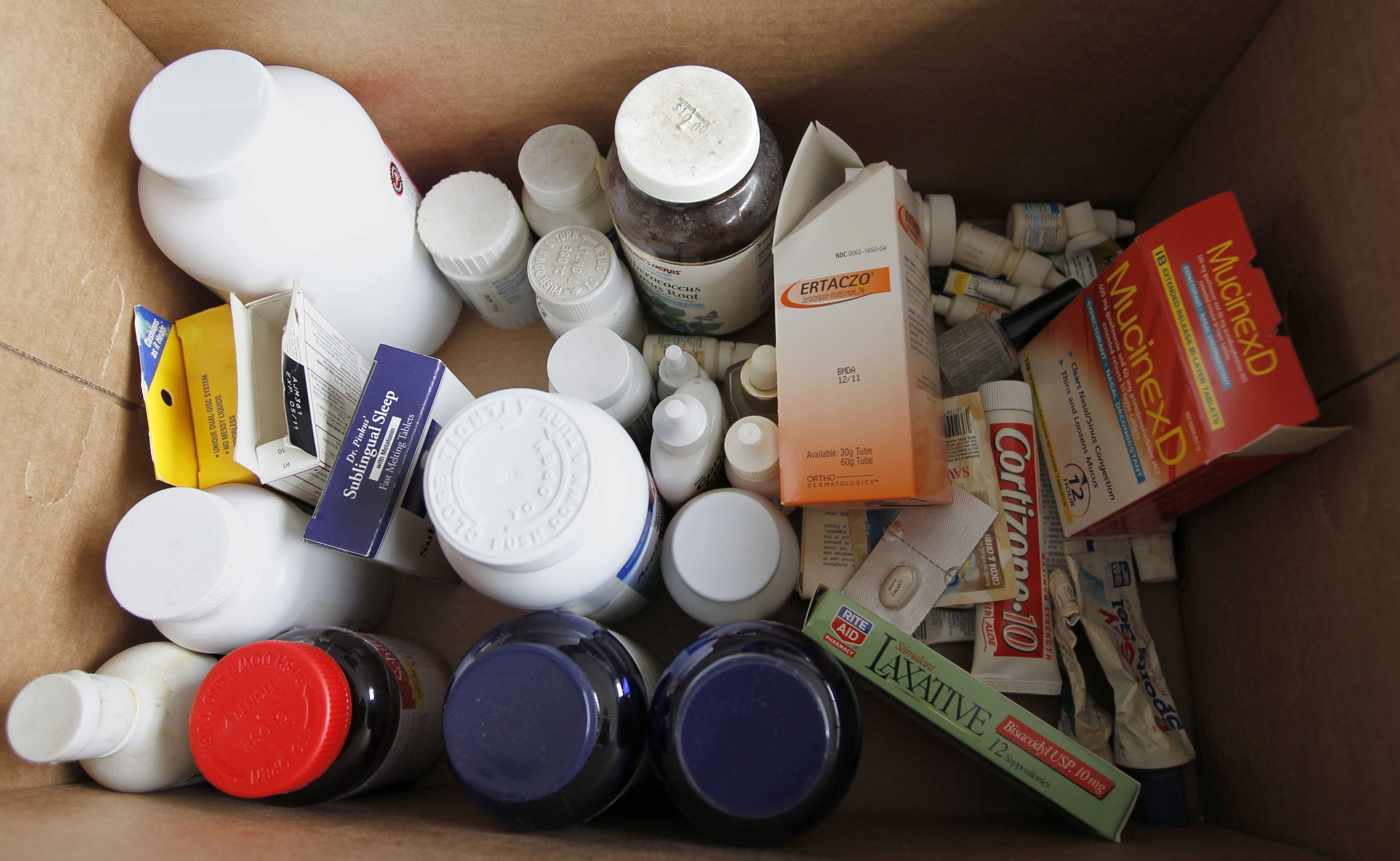Guidelines for Safety

It is observed that the Drugs and Pharmaceutical Products are in wide use in our State with an annual Consumption of about 8500 Crores. Around 20% of the drugs were either damaged or out of use every year due to expiration of potency. They have to be disposed off without harming the atmosphere in a scientific way, using the following essential steps. This will be useful for effective management of Hospital and Community Pharmacies which are suffering a lot in disposing date expired drugs.
Decision
The hospital or Chemists organizations must decide when action needs to be initiated, because of an accumulation of unwanted Pharmaceuticals which are unfit for human consumption and for veterinary treatment.
Approval
Approval and sanctioning of disposal of Pharmaceuticals must be sought from the Drugs Licensing & Controlling authority of that area. The guidelines for disposal must be followed in emergency situations. In non-emergency situations when significant quantities of donated medicines are disposed off, it may be necessary and judicious to inform the donor.
Planning
Planning, in terms of funding, necessary expertise, human resources, professional time, space, equipment, material and available disposal options will be required. This is essential before practical steps can be taken to start disposal. To obtain a rough estimate of the volume of materials to be sorted, it is recommended that measurements are made using a tape measure, and conversion from volume of material to weight is made using a density figure of 0.2 metric tons/cubic metre.
Forming work teams
Work should be conducted by teams consisting of supervising Pharmacists and general medical workers, The size of each team, and the ratio of experts to workers, will be determined by the volume and composition of the stockpiles, and working conditions at the sites.
Health and safety of work teams
All workers should wear appropriate protective equipments including overalls & boots at all times, gloves, masks & caps when appropriate. Masks should be worn when tablets or capsules are being crushed as part of the disposal technique and when there is a risk of powders being liberated. Particular care is required when handling antineoplastic /anti cancerous drugs.
Sorting
The drugs are to be sorted into separate categories for which different disposal methods are required. The separation should be made into those that can be safely used and returned to the Pharmaceutical supply system and those that require disposal by different methods. Substantial investments in human resources may be required for identifying and separating Pharmaceuticals.
Disposal
Disposal methods vary considerably between situations, and the ideal solution is to select the simplest, safest and most practical alternatives.
Security
Controlled substances (e.g. Narcotics and Psychotropics) require tight security and control. In some countries, scavenging of material from landfills is a frequent problem, and, disposed drugs may be recovered and sold by the scavengers. Measures are therefore necessary to prevent diversion during sorting, and pilfering of drugs from landfills.
Following Precautions must be taken when disposing the Pharmaceutical wastes.
• Contamination of drinking water must be avoided.
Landfills must be sited and constructed in a way that minimizes the possibility of leachate entering an aquifer, surface water or drinking water system.
• Non-biodegradable antibiotics, anti neoplastics and disinfectants should not be disposed off into the sewage system as they may kill bacterias necessary for the treatment of sewage & contaminate the area.
• Burning pharmaceuticals at low temperatures or in open containers results in release of toxic pollutants into the air. Ideally this should be avoided.
• Inefficient and insecure sorting and disposal may allow drugs beyond their expiry date to be diverted for resale to the general public. In some countries scavenging in unprotected insecure landfills is a hazard.
• In the absence of suitable disposal sites and qualified personnel to supervise disposal, unwanted drugs present no risk, provided they are securely stored in dry conditions. They are best stored in drums with the drugs immobilized on waste encapsulation.
Proper disposal of the unwanted Pharmaceuticals on time can help the community in controlling Potential Health hazards caused due to environmental Pollution and Contamination. These steps must be based on a Standard Operating Procedure (SOP) and by utilizing expertise of a Pharmaceutical Technician. It is advisable to form an NGO for coordinating the activities with WHO Guidelines.




